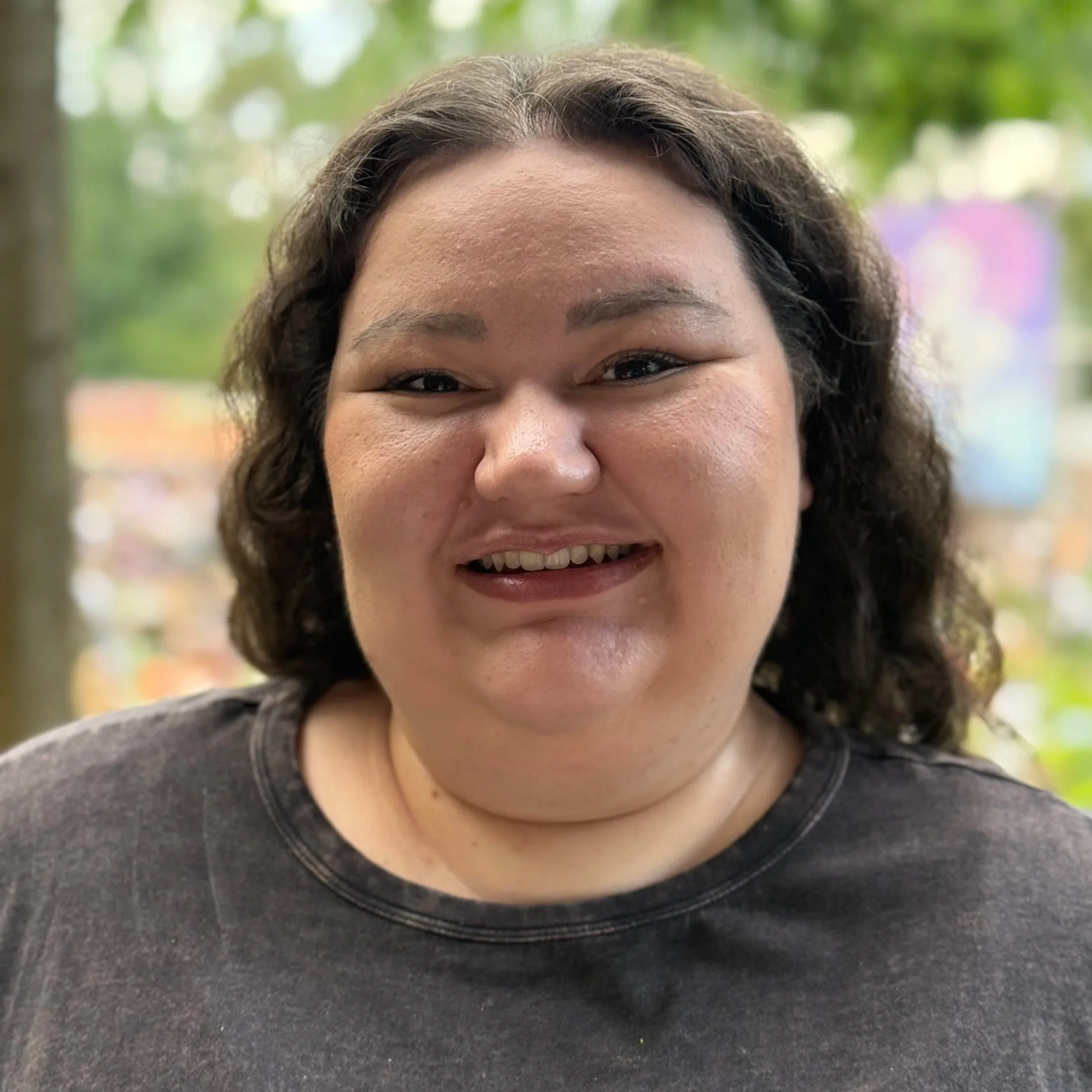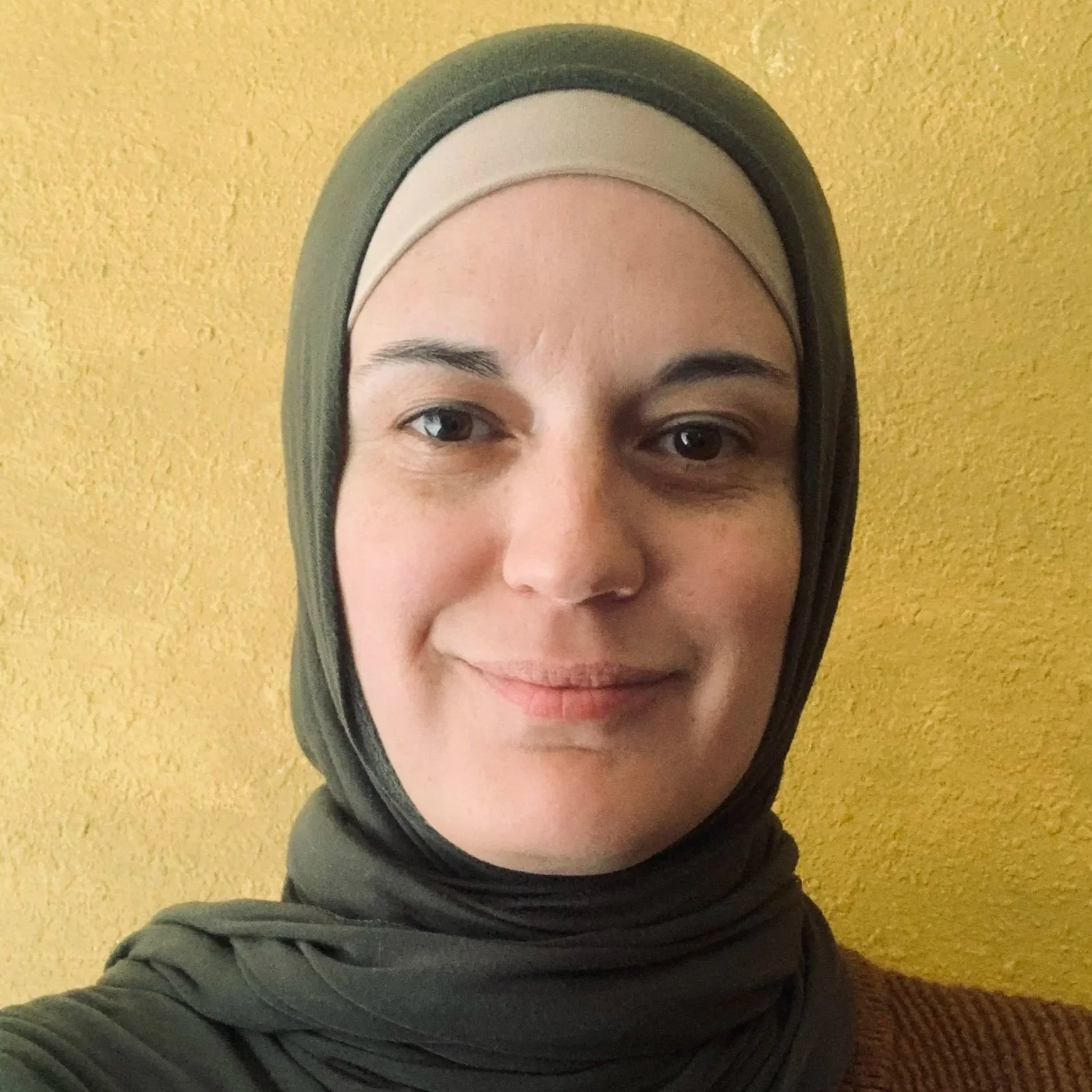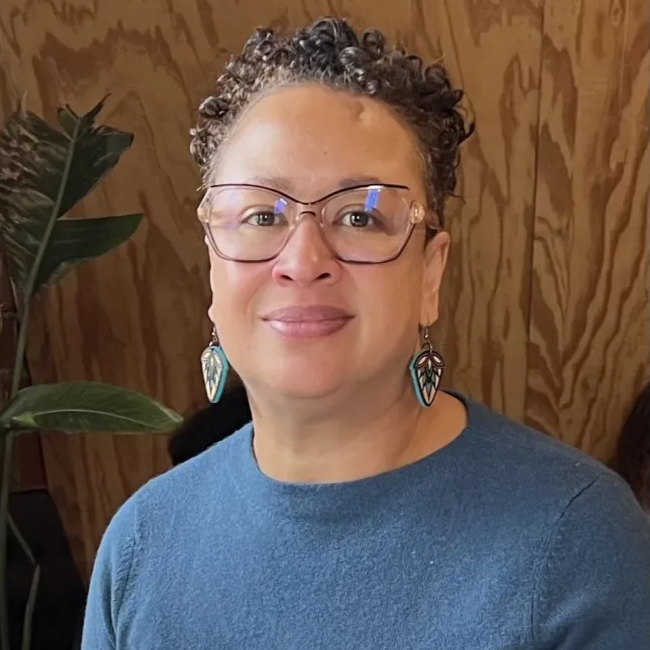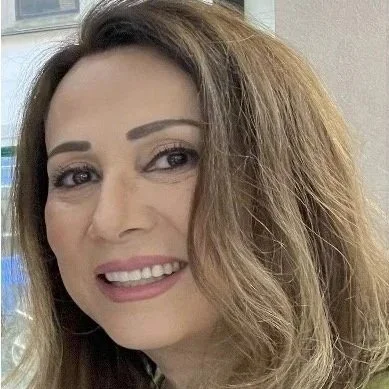Workshop | Upholding Values: Navigating Ethical and Legal Responsibilities During Global Conflict and Genocide
What role does a local government play during global conflict and genocide? Do we have ethical and legal responsibilities as local municipalities during these conflicts? Are our local elected officials and municipal governments aware of these responsibilities and accountable to their community to uphold them? In this training, participants will:
Understand the role of local government, both in their local community and in a larger global context.
Learn how western imperialism and U.S. genocidal policy influence local government.
Understand the challenges that local governments may face during global conflict and how this impacts follow through on the ethical and legal responsibilities they may have.
Learn what ethical and legal responsibilities a local municipality may have during global conflict and genocide.
Be able to identify practical pathways forward to ensure local government upholds their responsibilities.
All presenters are part of the group Multnomah County Workers for Peace (MCWP), a collective of Multnomah County workers organizing outside of their roles as government employees towards comprehensive divestment policy in our local communities. Established in May 2024, MCWP has supported local community efforts towards divestment in collaboration with other community groups, including the Portland DSA, Jewish Voice for Peace Portland, and Healthcare Workers for Palestine. Our coalition of employees include represented and non-represented employees from multiple departments and professions, including librarians, healthcare workers, homeless services workers, legal professionals, and more.
Emilie Azorr
Program Specialist for the Homeless Services Department at Multnomah County
She/Her
Emilie Azorr is a Program Specialist for the Homeless Services Department at Multnomah County where she is a family system program specialist. Emilie supports the family shelter system and manages contracts within the family team. Emilie has a Master of Science in Victim Services Management, and her primary background is in gender-based violence. She is extremely passionate about the impact of violence in communities, and how these impacts show up for the families she continues to support in the Homeless Services Department.
Emilie is a 3rd generation Arab American, with her family being one of the original Arab immigrant families to Multnomah County/Oregon. She has co-organized Multnomah County events for Arab American Heritage Month and participates in advocacy efforts with other SWANA employees to better improve the culture for SWANA people in her community. Emilie brings both lived experience and professional experience with advancing racial equity, advocating for belonging, and creating safety for people who have experienced harm from severe othering.
Drew Bibee
Resolution and Development Coordinator, CIU at Multnomah County
She/Her
Drew Bibee is the resolution and development coordinator for the Complaints Investigation Unit at Multnomah County focused on supporting employees through interpersonal and identity-based conflicts in the workplace. She graduated from the University of Oregon, School of Law in 2013 with her J.D. focused on International Human Rights Law and her M.A. in Conflict and Dispute Resolution. Outside of the County, Drew is an organizing member of Corvallis Palestine Solidarity group and frequently hosts public events on historical, legal, and ethical issues related to the ongoing illegal occupation of Palestine.
Robin Easton-Davis
Program Specialist Senior for Multnomah County Department of Human Services
She/Her
Robin Easton-Davis is an experienced equity trainer and has 22+ years of frontline experience in community-based organizations and 8+ years in local government systems. She holds an MSW from Portland State University and a Trauma-Informed Oregon Certification. Robin designs and delivers powerful training on critical issues, including topics like:
Historic and holistic analysis of oppression (race, class, patriarchy, imperial and colonial violence);
Dismantling systemic inequities (racism, classism, gentrification, homelessness);
Implementing trauma-informed, anti-racist practices in DV, homeless services, and early childhood education;
Building cultures of collective care. Focuses on practical, community and person-centered, strengths-based applications in workplace settings.
Marlene Eid
Psychology Faculty at Portland Community College
She/Her
Marlene Eid, graduate of the Sorbonne university, in Paris, France and of Portland State University, in Portland, Oregon is a psychology faculty at Portland Community College (PCC). Marlene is a Palestinian American born and reared in East Jerusalem, where she grew up under Israeli military occupation. She is a lifelong advocate of Palestinian human rights, and a defender of social justice issues.
Before PCC, Marlene worked at Portland State University (PSU), where in addition to teaching psychology and women’s studies, she worked as the coordinator of Arab Studies at the Middle East Studies Center.
In 1990, Marlene traveled to the Gaza Strip and was one of the founding members of the Gaza Community Mental Health Program. While establishing the first mental health program in Gaza city, she developed a play therapy program for the children, training programs for the working team, and mental health training for UNRWA, United Nations Relief and Works Agency, clinic doctors.
In 2015 Marlene founded, and was the first president of PCRF, Palestine Children's Relief Fund, chapter in Portland, Oregon. The program provided medical care and prosthetic limbs to Palestinian children with difficult cases where care could not be provided otherwise.
In 2024, Marlene is the co-producer of the film The Palestine Exception.




